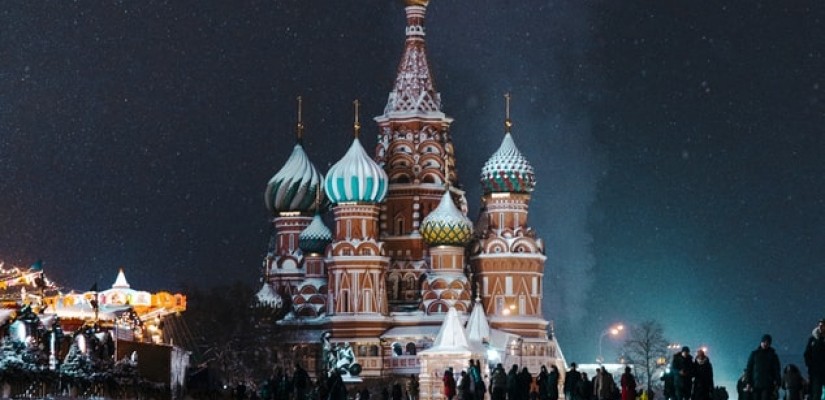After a five-year suspension starting in 2014, Russia has regained its voting rights in the Council of Europe (CoE). The CoE lifted sanctions against Russia in mid-July 2019, restoring the country’s full functions and activities in the council. Russian senator and foreign affairs politician Aleksey Pushkov stated that pressure from the government in Moscow and the CoE’s need for financial support from Russia eventually swayed delegates in the council. In 2017, Russia ceased their payment of membership fees out of protest, which resulted in a budget gap of 33 million Euro (38 million USD) for the CoE. While the development is a major victory for Russia, questions about human rights issues remain unresolved and tensions with the Ukraine and Georgia have risen.
The CoE is a central forum for human rights issues, political freedoms, democracy, and the rule of law in Europe. Located in Strasbourg, France, the organization has 47 member states and encompasses a total population size of approximately 800 million. The name of the CoE may create confusion. Contrary to expectations, the CoE is not an institution of the European Union. It should be distinguished from the European Council, an EU body, and the Council of the European Union. A precondition for joining the CoE is the signing of the European Human Rights Convention, known formally as the Convention for the Protection of Human Rights and Fundamental Freedoms, and the acknowledgment of judgments made by the European Court of Human Rights (ECHR) in Strasbourg. Out of all 47 member states, cases from Russia have been taken to the ECHR the most, reflecting the precarious human rights situation in Russia.
While Germany and France backed Russia’s re-entry into the CoE, the decision was met with strong resistance from the delegations of Ukraine and Georgia. Ukrainian representatives protested by announcing that they will appeal this decision and refuse to participate in future sessions. Bilateral relations between Russia and Ukraine have been tense since Russia’s annexation of the Crimean Peninsula in 2014. Hence, Russia’s restoration of voting rights in the CoE draws the ire of Ukraine as the human rights situation in Crimea deteriorates. Press Secretary for the President of Russia, Dmitry Peskov, pointed out that Russia is not willing to discuss the Crimea question in the CoE, stating that the matter has already been settled.

Diplomatic relations between Georgia and Russia have also cooled down significantly since the 5-day war in 2008 between the two countries in South Ossetia and Abkhazia. Relations were strained anew in late June 2019 when a Russian delegate addressed members of parliament from the seat of the speaker of Georgia’s parliament in the capital Tbilisi. Consequentially, riots erupted on the streets of Tbilisi, during which at least 200 people were reportedly injured. Russia subsequently suspended flight traffic between the two countries out of security concerns. The readmission of Moscow’s representatives in the CoE is expected to put further strain on Russo-Georgian relations.
The decision by the CoE raises questions about the reputation of Europe as a human rights protector and the role of international power politics. While Russia has a poor human rights record, it is a powerful partner of Europe. The dilemma began when Russia threatened to leave the CoE entirely if it did not regain full voting rights. Critics may argue that the decision to reinstate Russia’s functions casts a negative light on Europe’s image as defenders of human rights, revealing that Russia’s power position takes precedence over the adherence to international laws. Furthermore, this also implies that Russia’s membership is more important than the position of Ukraine and Georgia in territorial disputes with Russia.
Despite these concerns, losing Russia at the discussion table also means that European states have little ground to convene with Russian delegates on security and human rights matters. This would refute the purpose of the CoE as a discussion platform for European states. A complete exit from the council would give the government in Moscow greater liberties in policy decision-making, posing an even greater risk domestically as well as internationally. Civil rights action in Russia and Crimea would become exceedingly difficult, as citizens would not be able to take abuses to the ECHR. While the decision comes at the expense of Ukraine and Georgia, allowing Russia to withdraw from the CoE would have complicated efforts to maintain expedient diplomatic ties with the government in Moscow.
